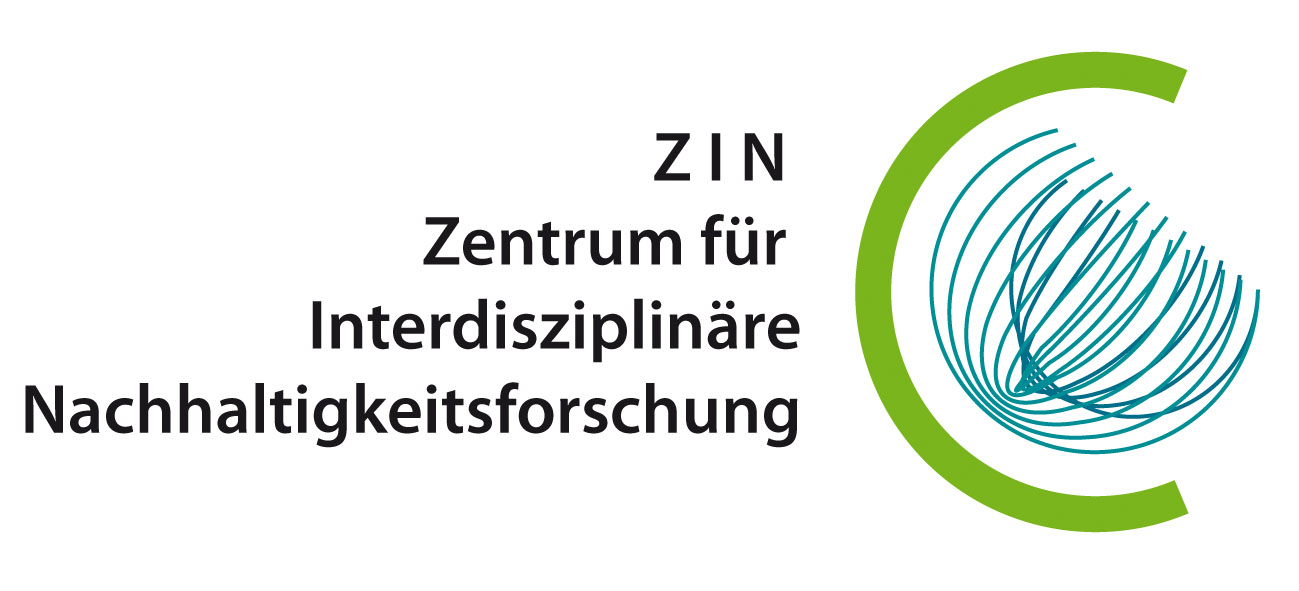Eco-friendly alternatives to disposable coffee cups depend on rethinking our routines
After their feature about the introduction of a reusable cup system in Münster on January 18th, the German broadcasting company WDR reported on the broader perspectives of eco-friendly alternatives to single-use cups on February 2nd, again cooperating with the ZIN.
They invited Carolin Bohn, research fellow at the ZIN, as an expert on sustainability issues. At first, she pointed out one of the main problems with regard to disposable coffee cups: many people believe that these cups are made of carton and can therefore be recycled completely when in fact they contain a plastic coating restricting their recyclability.
The insufficient recyclability of disposable coffee cups combined with the great demand for them creates a growing waste problem. It is for this reason, that not only in Münster but also in other cities grassroots-initiatives were founded in order to introduce reusable cup systems. They allow clients to either bring their own reusable cups to be filled or to use reusable cups given out by bakeries and cafés themselves, returnable within a deposit system.
Carolin Bohn stressed that the implementation of alternatives for single-use cups depend on a readiness to rethink habits in the first place. As it is often the case with regard to sustainability issues, the change of small daily routines can already make a big difference, for example by placing a reusable cup right next to one’s door in order to remember to take it. At the same time, imposing more and more responsibility on the consumer will not solve sustainability issues: Both political and economic actors, too, must play their part by establishing regulations and arrangements in order to successfully solve sustainability problems.
Finally, Carolin Bohn used the example of the waste problem caused by disposable cups to illustrate the additional value of interdisciplinary research as done by the ZIN. While disciplines such as certain natural sciences can help understanding the (non-)decomposability of materials such as the plastic coating in single-use-cups, political science can contribute by explaining the imbalance between citizen engagement and the engagement of other actors when fighting above-mentioned waste problem. Bringing together these two different scientific perspectives of ZIN-members and a lot more beyond that therefore enables us to examine sustainability issues in all their facets and to find common solutions.
[Source: WDR Mediathek, "daheim & unterwegs" broadcasted on February 2nd, accessed February 22nd 2017]

